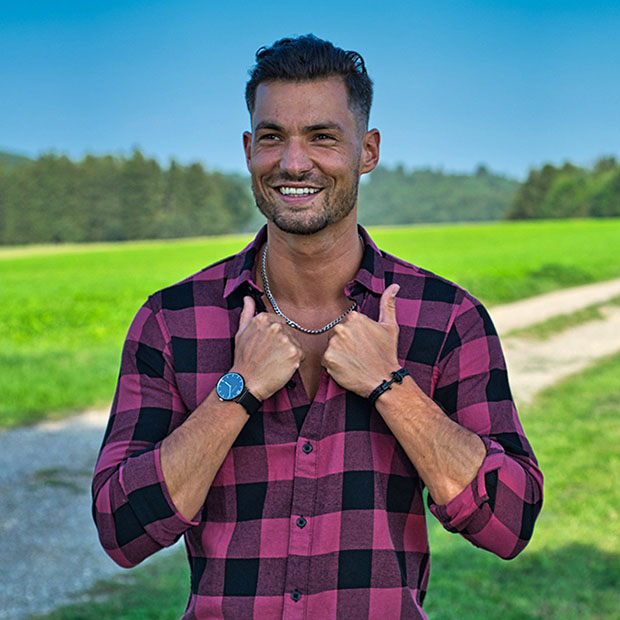Protecting Your Eyesight Over The Years

As we get older, our bodies don’t function as well as they used to, and that includes our eyes.
However, there’s a lot we can do to keep our eyes healthy, which is why we’d like to take a look at a few of the most common age-related vision and eye problems and what can be done to minimize the risks of developing them.
Educate Yourself About Eye Problems
Even people who never needed glasses before will typically need reading glasses as they get older. This is because of presbyopia, where the lenses in our eyes become less flexible over time, making it harder to focus on objects close up. Another common issue with aging eyes is the reduction in tear production, resulting in dry eye.
More serious, even sight-threatening eye problems and diseases related to age include glaucoma, retinal detachment, macular degeneration, cataracts, and diabetic retinopathy. Most of these can be delayed, treated, or sometimes reversed, and the best chances of success come with early detection.
Guard Your Sight With Eye-Healthy Habits
There’s no time like the present to start building habits to promote vision health, even if your eyesight is perfect. Long-term habits are key to preventing chronic eye problems. There are a few things you can do in your daily life to reduce your risk of developing age-related vision problems — and stay healthier overall!
Maintain An Active Lifestyle
Staying active is great for the health of your entire body, eyes included. Studies show that people who lead sedentary lives tend to show greater vision loss as they age than people who stay active. If you hate jogging or going to the gym, find some other activity like a sport or martial art that makes you excited to get moving.
Eat Your Vegetables (And Fruits And Lean Meats)
The foods we eat are how our eyes get the nutrients they need to recover from damage and stay in good shape. Good eye-healthy foods to incorporate into your diet are bell peppers, carrots, dark leafy greens, sweet potatoes, chia seeds, blueberries, turkey, and wild salmon.
Remember Your Sunglasses
Sunlight, even indirect sunlight, can damage our eyes, and what’s worse is that the damage is cumulative over the course of our lives. You can keep your eyes safe with good UV-blocking sunglasses.
Don’t Smoke
Building good habits is great, but we should also avoid the bad ones. Smoking is harmful to every system in the body, including eyes. We always hear about the increased risk of lung cancer and heart disease from smoking, but it also increases the risk of age-related macular degeneration and cataracts!
Get To An Eye Doctor Immediately If…
Some age-related issues develop gradually, while others may seem to come out of nowhere. Come straight to us if you experience symptoms like sudden blurriness or vision loss, an increase in the number of “floaters” you see, eye pain, double vision, flashes of light, or redness or swelling of your eye or eyelid. Any of these could indicate an urgent, sight-threatening condition that needs immediate treatment.
Remember To Schedule Eye Exams!
The eye doctor is your best resource for catching vision-threatening problems early on, but only if you’re doing your part: scheduling regular appointments. We want you to be able to continue doing all the vision-related things you love, so if we haven’t seen you in a while, don’t hesitate to schedule your next appointment!